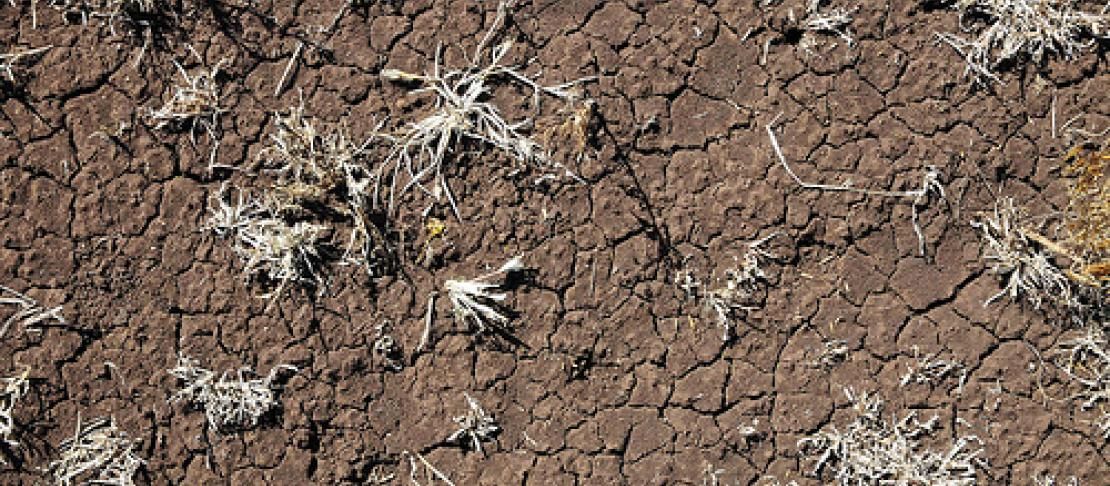We need to win the conversation on climate

If we are to effect change, it is our duty as researchers not just to produce knowledge but also to communicate that knowledge effectively, to the right people and in the right way. Sometimes this means delivering climate information to farmers through their mobile phones, while at other times this means training villagers to become trainers themselves.
To compliment our work on the ground, this week, the CGIAR Research Program on Climate Change, Agriculture and Food Security (CCAFS) has also been busy getting the message out there to a wider audience, with the CEO of the CGIAR Consortium, Frank Rijsberman, leading the charge.
"There's a lot of complacency in rich countries about climate change," he told the Guardian newspaper, "We must understand that instability is inevitable."
It was a strong message backed up by tough facts, which he delivered to the Guardian in a follow-up article: "Food production will have to rise 60% by 2050 just to keep pace with expected global population increase and changing demand. Climate change comes on top of that. The annual production gains we have come to expect … will be taken away by climate change."
Speaking at the Dublin Conference on Hunger, Nutrition and Climate Justice, former USA Vice-President Al Gore said, "we have to win the conversation about climate," watch his sppech. To win that conversation, it is important that we, as scientists, not only provide the facts, but also that we participate in that conversation. We must be opinion leaders as well as scientific leaders.
But just as the conversation can't be won without the participation of leaders like Frank Rijsberman, neither can it be won without the participation of those feeling the brunt of the burden from climate change. The people living in areas already experiencing changing weather patterns and increasing extreme weather events are an important voice that must be heard.
It was inspiring then, to see so many farmers and development practitioners from Africa, Asia, and Latin America in Dublin this week, meeting with people like Frank Rijsberman, Al Gore, as well as former President of Ireland, Mary Robinson, and CCAFS' own Program Director, Bruce Campbell, to tell their stories. "I want to pay respect once more to the organizers for bringing the local voices of smallholders and fishermen and pastoralists so prominently to this meeting," Frank told the conference, during his closing speech.
Read More:
Explore all the recent media coverage on the relationship between climate change, agriculture and food security:
13 April 2013 - Climate Change: how a warming world is a threat to our food supplies - The Guardian
13 April 2013 - Millions face starvation as world warms, says scientists - The Guardian
17 April 2013 - Small farmers take the stage to sway climate debate - AlertNet
And read some of the stories we heard from the ground whilst in Dublin:
Knowledge: its role in hunger, nutrition and climate justice
Empowering a local community to address climate risks and food insecurity in Lower Nyando, Kenya
Lucy Holt is a Communications Assistant at the CGIAR Research Program on Climate Change, Agriculture and Food Security (CCAFS). The CCAFS team is reporting live from the Hunger, Nutrition, Climate Justice conference in Dublin from 15-16 April 2013. Watch live webcasts at www.eu2013.ie and follow updates on the CCAFS blog. Engage with us on twitter @cgiarclimate using #HNCJ.
